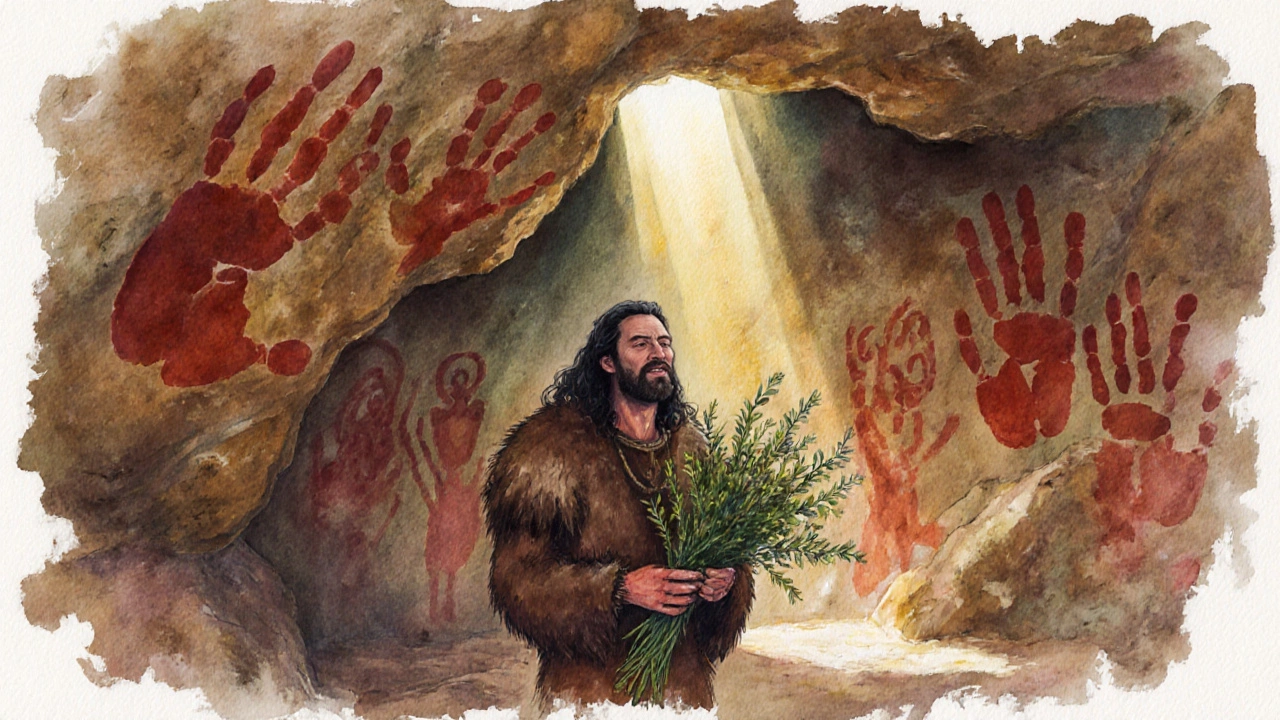Explore how diseases shaped societies from ancient rituals to modern pandemics, uncovering key milestones, public‑health breakthroughs, and lessons for today's health challenges.
Medical History: How Past Illnesses Changed Health Care Forever
When we talk about medical history, the recorded journey of how humans understood, fought, and survived illness over thousands of years. Also known as the history of medicine, it’s not just old books and dusty labs—it’s the reason you can get a vaccine at your local clinic today. Think about it: without medical history, we wouldn’t know why plague doctors wore beaked masks, why smallpox was eradicated, or how a simple handwashing rule saved millions.
History of disease, how illnesses spread, mutated, and reshaped populations tells us more than just dates and deaths. It shows us how fear drove innovation. In 1854, when a doctor in London traced a cholera outbreak to a single water pump, he didn’t just stop a disease—he changed how cities think about clean water. That moment became the birth of modern public health evolution, the shift from treating individuals to protecting entire communities. And it wasn’t magic—it was observation, data, and courage to challenge old beliefs.
Ancient medicine, the practices used by Egyptians, Greeks, Chinese, and Indigenous cultures before modern science wasn’t all superstition. Many remedies from those times—like willow bark for pain (which led to aspirin) or honey for wounds—worked because they were grounded in real biology. Even the idea of quarantine started in 14th-century Venice, where ships had to wait 40 days before docking. That’s where the word "quarantine" comes from—"quaranta" meaning forty in Italian. These weren’t random guesses. They were trial-and-error systems built over centuries.
And then came the pandemics timeline, the chain of global outbreaks that forced the world to adapt. The Spanish flu in 1918 killed more people than World War I. Polio paralyzed thousands in the 1940s and 50s until a vaccine changed everything. HIV/AIDS in the 1980s didn’t just spread disease—it exposed gaps in care, stigma, and policy. Each one left behind lessons: better surveillance, faster drug development, stronger global cooperation. These aren’t just past events. They’re blueprints for the next outbreak.
Medical history isn’t about memorizing names and dates. It’s about understanding why we do what we do. Why we wash our hands before surgery. Why we track outbreaks in real time. Why some medicines cost less in one country than another. The answers are buried in the past—but they shape your health today.
Below, you’ll find real stories from this journey—how a single discovery changed a continent, how a forgotten remedy came back in style, and why the next big breakthrough might already be hiding in an old medical text.

